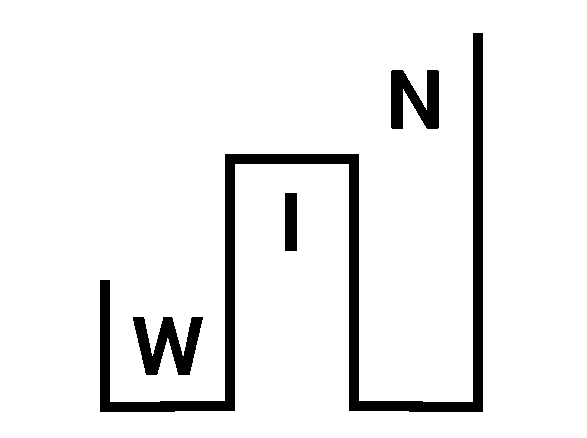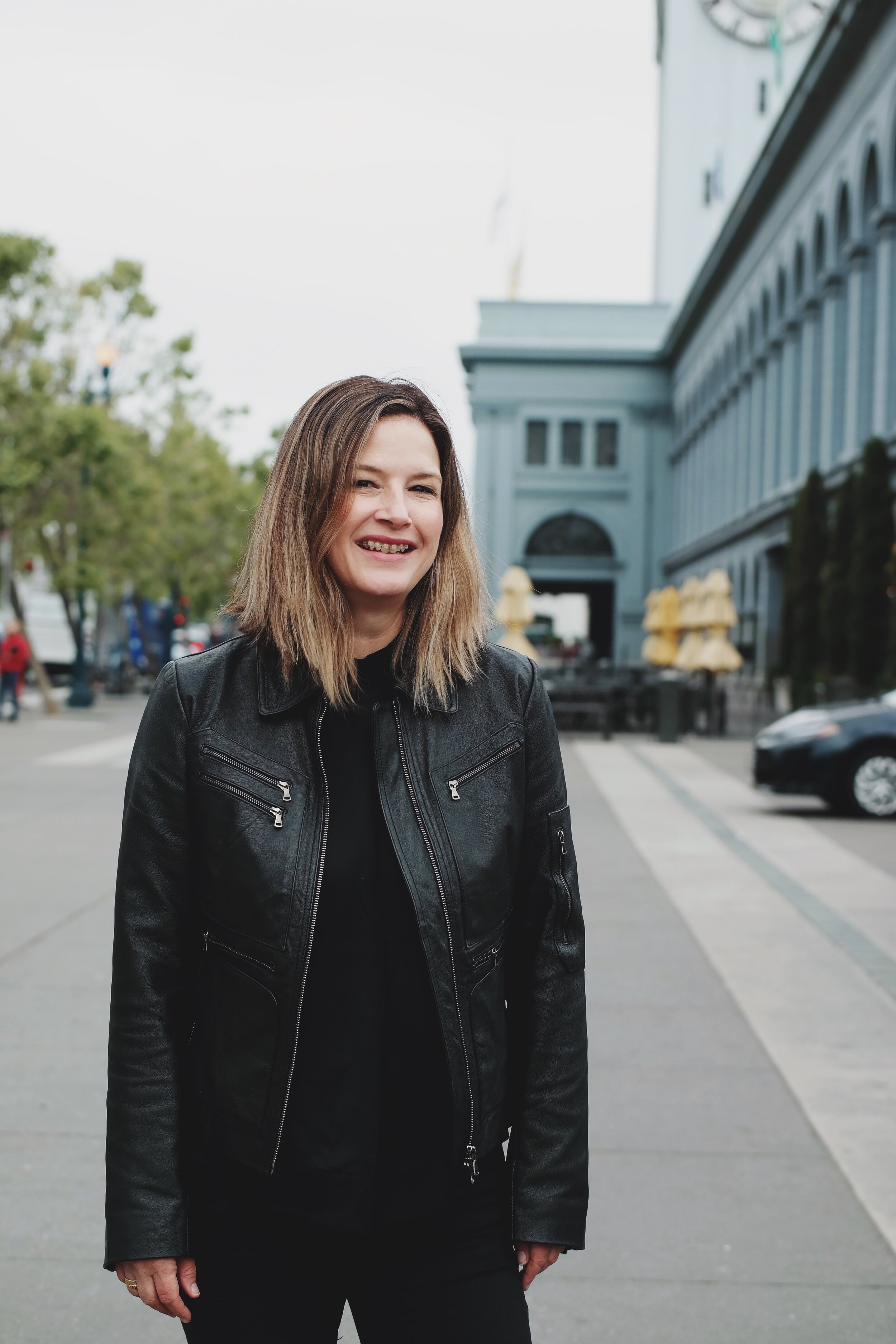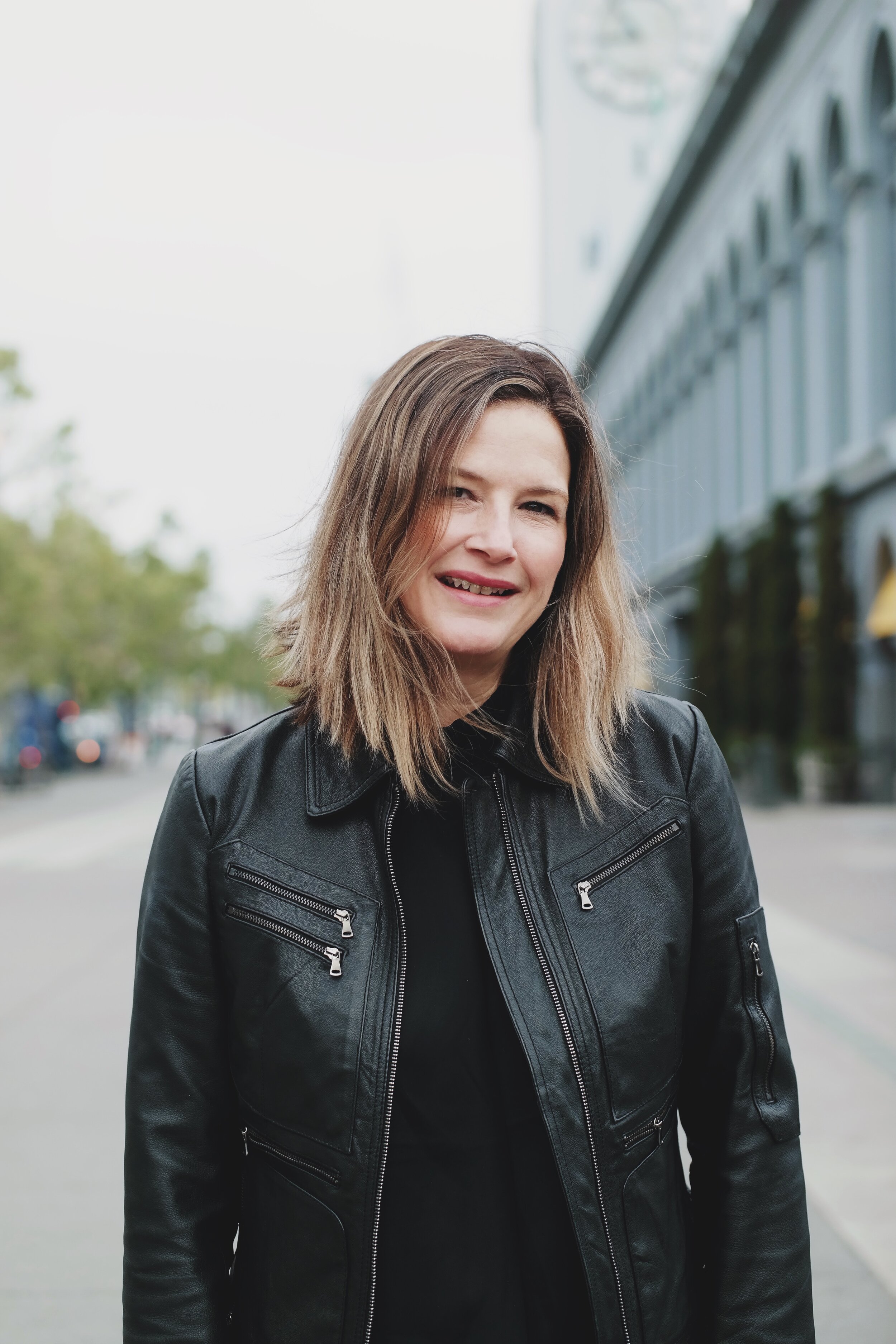WIN Spotlight: Christine Miller Kelly
Welcome to the latest “WIN Spotlight,” our ongoing series that celebrates inspirational women in our community. Each interview features a member of WIN who is championing innovation at her organization or across the industry. We dig into the diverse perspectives, influences, mission, drivers, and dreams of these leaders, and of course, ask them for practical advice and pro tips from their years of experience.
We’re excited to feature Christine Miller Kelly, Managing Director at Singularity University and WIN Advisor and Ambassador.
Who are you and what do you do?
I’m currently the Managing Director of Innovation & Design at Singularity University, which is essentially the innovation consulting arm of SU. I work with impact start-ups, not-for-profits and enterprise partners to help them think about how technology is transforming their organizations and find opportunities for innovation now and in the future. I’m also an educator; I teach Interaction Design at California College of the Arts in San Francisco, I am an Ambassador and on the Advisory Board for WIN: Women In Innovation and have taught design classes at San Jose State University in the Silicon Valley.
What are the life moments that most influenced who/where you are today?
In college, the decision to major in Fine Arts and minor in Psychology seemed like an odd and somewhat random choice, but it all makes sense in retrospect. I knew I was happiest when I was creating, but found human behavior and psychology fascinating. I was also an idealist and wanted to do something to make the world a better place but I had no idea how I’d leverage my skills to do that. Years later when I was working for the e-commerce site, eToys, I had an epiphany that design can have a massive influence on human behavior. Around the same time I saw a 60 Minutes piece on designing the IDEO shopping cart and I thought “AHA! That is what I want to do”. It inspired me to go back to school to study Industrial design. Before that I had no idea that the discipline existed.
Another major influence was growing up in Grand Rapids, Michigan, a center of great furniture design and manufacturing. When I was a girl, my dad’s factory prototyped one of the first Frank Gehry Bentwood chairs. I have a vivid memory of him walking in the house with this beautifully crafted piece of sculpture that at the time was a huge manufacturing innovation. It was an awesome example of beautiful form, function and innovation, which definitely influenced my love of design.
If you had to choose one, who is the woman that most inspires you? Why?
I have to say my Mom. Although we’re very different, I think that some of my best qualities come from her. She’s the most patient and empathetic person I know. Watching her navigate the gifts and challenges of life with grace, resilience and unwavering optimism continues to inspire me every day.
How do you stay inspired and creative? Do you have any routines or rituals?
I network a lot among a diverse group of creators in art, industry and academia. Networking didn’t come naturally, but it’s really part of the culture and work environment here in the Silicon Valley. I think of myself as an introvert by nature. I recharge by doing something everyday that is quiet and alone. It’s either mediation, exercise or my morning walk with my labradoodle, Lucky. I also do my best to visit art museums and galleries to stay inspired and challenged creatively.
What is the best advice someone has given you?
Just because you can do something, doesn’t mean you should.
I’ve had some of the most exciting career opportunities come along at the most inopportune times. When my three children were very young, I took time off and then worked part time for a few years. I decided to forgo many exciting and conventionally prestigious opportunities in order to take other equally interesting but different jobs that had a more flexible work/life balance. While it was terrifying, it was what I needed at the time and I listened to my instincts and made my career choices on my own terms. I’ve been able to create my own unconventional path forward that continues to be interesting and rewarding. Life continues to surprise - I never know what my next move will be!
How did you get to your current role today, and what is your advice for women looking to take a similar path?
4 things: put in the hard work at school, build relationships, make a lot of career prototypes and experiments, and don’t let the fear of failure stop you. After several successful experiments of learning what I DIDN’T want to do (including working in art galleries, on film sets and for internet start-ups), I went back to design school highly motivated to work really, really hard. I learned I can work as hard as anybody, and proved it to myself by not only being a really good student and leader in school, but doing it while I was pregnant. I had to be really disciplined and I didn’t have any room to goof around. One of my dear friends advised me to make the most of the opportunities and relationships I developed at school and this is a piece of advice I pass on to all of my students. To this day, almost every job I’ve gotten has in some way come from a classmate, an instructor or the network I developed while in school. Do the hard work, discover what makes you happy, find your people and dare to put yourself out there.
What’s your superpower?
Shapeshifting. I’m really good at listening, synthesizing and adapting to what’s needed. As a design generalist and an avid collaborator, I’m able to see people’s strengths, find the gaps and adapt to the needs of the team. I’ve also been told by my colleagues that I’m great at navigating tough situations. Whether it’s a challenging client or internal politics, I try to be patient and see the situation from all sides while finding solutions that will satisfy all parties.
What excites you most about the world right now?
A lot of the existing norms and systems are being called into question right now. This feels unsettling because the future is uncertain, but where there are big problems there are big opportunities.
What is your favorite podcast and why?
I love “Without Fail” with Alex Blumberg, who talks to entrepreneurs, artists and leaders about how they learned from their successes and failures. Another favorite is “How I Built This” with Guy Roz. I’m an entrepreneur at heart and fantasize about starting a company of my own (again) someday. I also love the human story of entrepreneurs. People come at it from so many different directions. There’s no formula, everyone struggles and it humanizes the experience.
Name a fundamental human truth you recently realized.
We all need to feel valued and appreciated. People, purpose and meaning are more important than money.
What product, service, or industry do you think is most ripe for innovation? Why?
It’s a toss up between healthcare & education. There are serious challenges to innovating in industries that are so heavily regulated and it’s at the expense of the end-user in both cases: patients and students. Both industries serve the most basic human needs and would benefit from a more human-centered approach.
What is the last book you read and why?
Principles by Ray Dalio. As I get older I realize the value of having core principles to live by in both my personal and professional life. There are countless difficult decisions and opportunities to navigate; having a framework for how to attack them is incredibly valuable and clarifying. I love his thinking about radical transparency and building strong teams. I just started reading Brave New Work by Aaron Dignan and it’s fascinating. Work is changing quickly and most organizations are using antiquated bureaucratic systems and management techniques. What has worked in the past will no longer work in the future.
What makes a great innovation?
Something that satisfies a human need, makes life better, richer and/or eliminates friction. Even better if it solves this problem before anyone knows it exists.
What is your favorite quotation?
“It is not the critic who counts; not the man who points out how the strong man stumbles, or where the doer of deeds could have done them better. The credit belongs to the man who is actually in the arena, whose face is marred by dust and sweat and blood; who strives valiantly; who errs, who comes short again and again, because there is no effort without error and shortcoming; but who does actually strive to do the deeds; who knows great enthusiasms, the great devotions; who spends himself in a worthy cause; who at the best knows in the end the triumph of high achievement, and who at the worst, if he fails, at least fails while daring greatly.” -Theodore Roosevelt
Photos by Katie Burwick
WIN: Women in Innovation Copyright (c) 2019 All rights reserved. This blog post may not be reproduced or repurposed without written permission from WIN: Women in Innovation (501(c)3). This blog post is provided for your personal use only.






